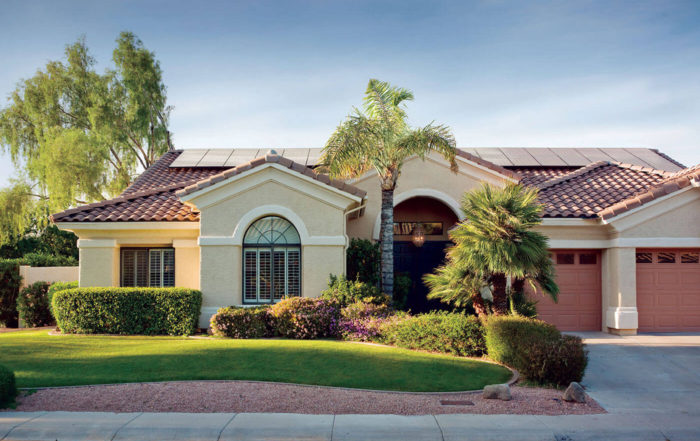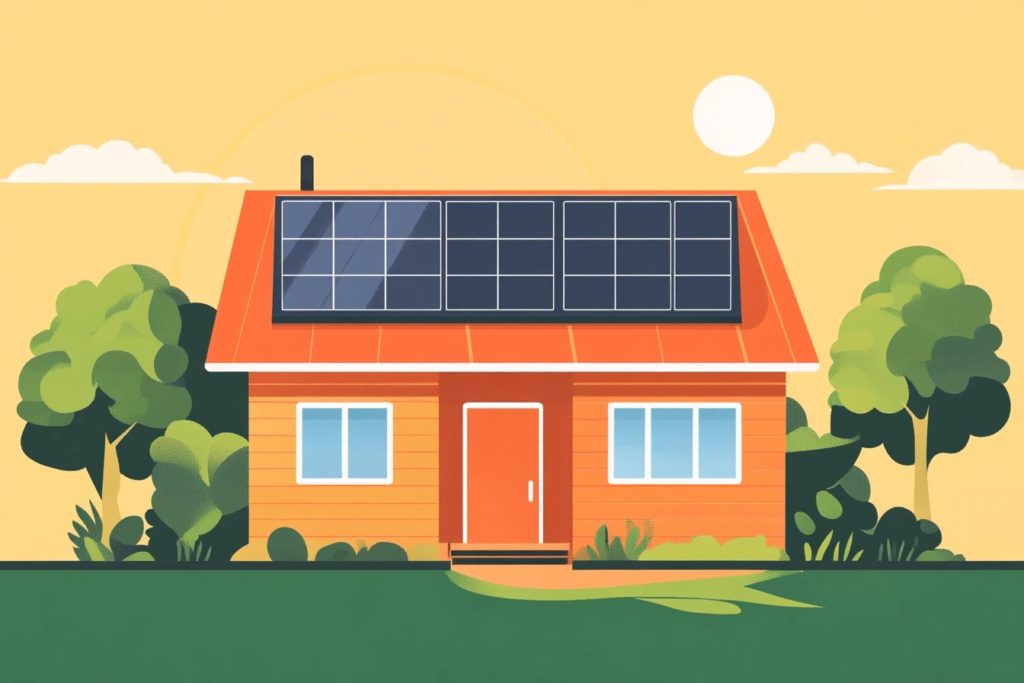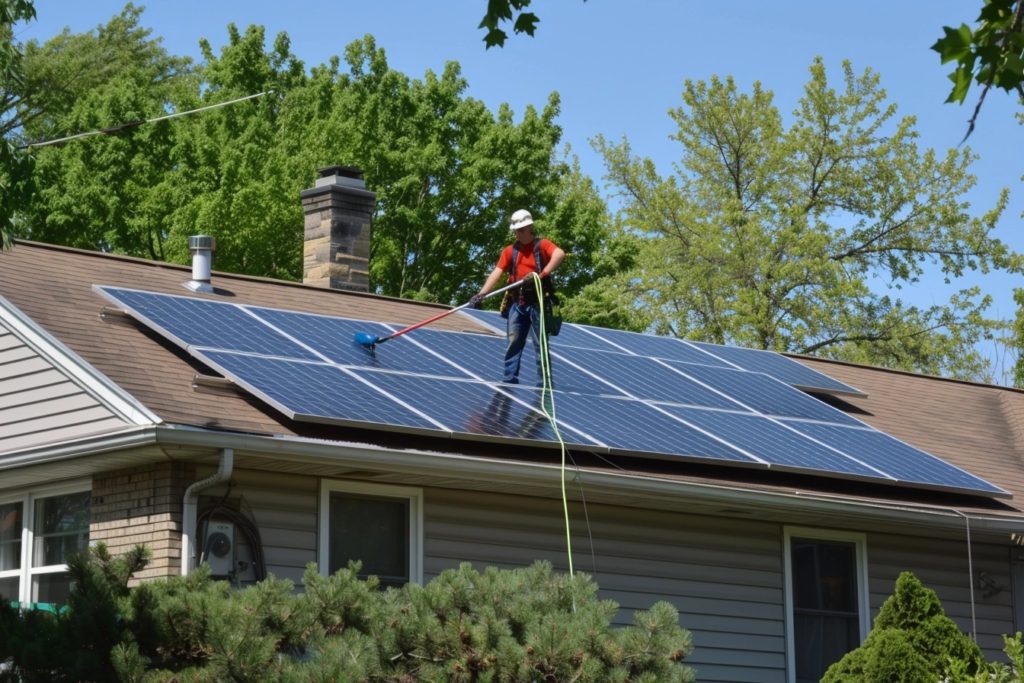
One of the most frequently asked questions about residential solar installations is whether selling a house with solar panels affects the process. Do homes with solar panels sell faster? How does the process work for selling a home with a solar panel lease? In this article, we’ll answer these questions and more as we walk you through several important aspects of buying and selling a home with solar panels.
In many situations, potential buyers will be thrilled to purchase a home that already has solar panels installed. After all, the idea of paying significantly less money for utilities — while also protecting the environment — is an appealing thought for quite a few homebuyers. However, there are plenty of exceptions, and you’ll need to evaluate the specifics of the installation before buying or selling your home with solar panels.
A Key Factor: Where Is The Home Located?
A key factor that many people fail to consider is the simplest one of all: where is the home located? The more common residential solar systems are in your area, the easier the process of selling your home with solar panels will be. In general, each kilowatt of solar power your system generates adds roughly 1% to the price of your house, but that varies tremendously depending on which part of the country you live in.
If your home is located in a state like California — where residential solar installations are highly popular — you will likely have a much easier time selling a home with solar panels compared to selling the same house in North Dakota, where it’s very unusual to see solar panels on the roof of any home. However, there are several other factors that aren’t quite as obvious on the surface.
Does The Homeowner Own The Solar System?
One crucial variable is whether the homeowner actually owns the solar system, or if they acquired their panels as the result of a lease or Power Purchase Agreement (PPA). If the homeowner purchased the system outright, then it is considered to be part of the home. In these situations, the solar system will be included in the home’s appraisal. This is true whether the homeowner bought their solar panels with cash or a loan, as long as the loan is already paid off.
On the other hand, if the homeowner has not paid the loan in full, it all comes down to the details of the loan agreement. If the lease allows for the homeowner to hold ownership of the solar system while they’re in the process of paying it off, the system is included in the appraisal. It’s also important to note that if there are still payments due on the loan, the homeowner will either need to pay off the rest of the loan or transfer it to the homebuyer.
Selling Your Home With Leased Solar Panels
Here’s another common question: Can I sell my house with leased solar panels? In short, yes you can. However, this requires the seller to either buy out the remainder of the lease (or PPA contract) or transfer it to the buyer. In this situation, you might need to find a buyer who specifically desires a home with solar panels, as someone who’s on the fence or merely casually interested is less likely to agree to take over the contract.
Another option if you’re selling your home with solar panels is to consider whether you could simply bring them with you to your new house when you move. This is not an option for those of you with leased solar panels — or if you’re still paying off a loan, depending on the contract specifics — but if you own your solar system outright, there’s nothing stopping you from picking it up and moving it. This can actually be the easiest answer to selling a house with solar panels, but it obviously doesn’t fit everyone’s needs and priorities.
Questions? Contact Us
Do you still have questions about how to buy or sell a home with solar panels? Feel free to contact one of our LGCY Power Energy Consultants at any time. With some help from our expert representatives, you can quickly get answers to all of your important questions, from selling a home with a solar panel lease to transferring your solar panels to a new location and everything in between.




